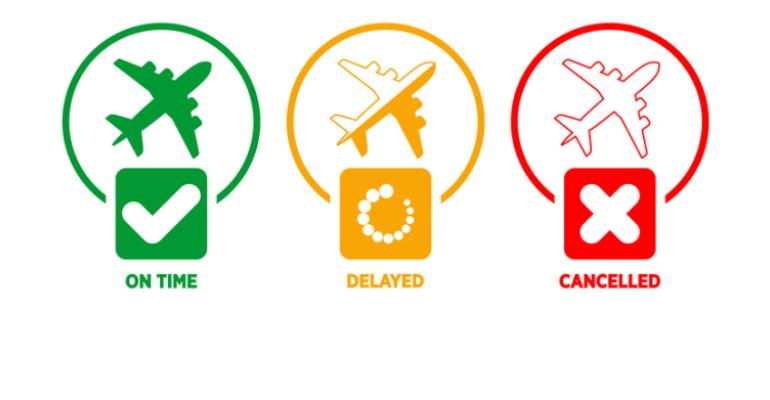When the U.S. Department of Transportation passed new airline-passenger protections in April, some of the most significant changes didn’t go into effect for six months. As of late October, that implementation window for airlines has closed.
The new regulations strengthen travelers’ rights when flights are canceled or delayed. Keep in mind, however, that federal law already entitled passengers to a full refund when an airline cancels a flight. The issue was the law’s lack of specificity, which allowed airlines to operate inconsistently.
Here are 8 things to know about the no-hassle refund rules that went into effect for flights booked after October 28, according to U.S. PIRG Education Fund, a consumer watchdog group:
• Travelers are entitled to a full refund including taxes and fees, even on a nonrefundable ticket, on any flight to, from or within the United States that is canceled or significantly delayed. This applies to U.S. and foreign airlines.
• “Significantly delayed” is defined as a flight that arrives at its destination three hours or more after the originally scheduled time for a domestic flight, or six hours or more after the originally scheduled time for an international flight.
• If they want, travelers can accept rebooking on a different flight or remain on the significantly delayed flight instead of a refund.
• Or travelers can accept a voucher or credit if offered. But airlines can offer a voucher/credit only if it is good for at least five years. Consumers are not required to accept it in lieu of a refund.
• For tickets purchased with a credit card, refunds must be issued within seven business days. For tickets purchased with another form of payment (debit card, check, cash) refunds must be issued within 20 days.
• The company responsible for issuing the refund is whoever’s name appears on your credit card or bank statement. About 92 percent of the time, that’s the airline, even when the ticket was purchased through a third party, the DOT says.
• If a traveler doesn’t respond to an offer of being rebooked, remaining on delayed flight, or accepting a voucher/credit, a refund will automatically be issued.
• The law also requires airlines to issue credits or vouchers to travelers who cancel because they’re sick with a serious communicable disease, documented with medical records. Airlines have until April 28, 2025, to comply with this.
Another regulation that went into effect as of October 28 entitles travelers to refunds on their checked-baggage fees if the bags arrive 12 hours or more late (or 15 to 30 hours late for international flights, depending on the length of the flight).
Coming Soon…
Several other new DOT rules will be come up against their implementation dates next year. Here’s what will be required of airlines by mid-2025:
• Upfront disclosure of fees for checked bags and carry-on bags.
• Upfront disclosure of fees for changing or canceling flights.
• Published policies on which expenses, such as lodging and meals, are covered when customers are affected by cancellations or significant delays caused by the airline. The DOT requirement is that airlines must have a policy, but it does not say what the policy must include. Some of that information is already curated by the DOT on the Airline Customer Service Dashboard, which the DOT published in mid-2022.
• Airports must display posters that spell out travelers’ rights when flights are delayed or canceled, when a passenger is bumped from a flight, or when luggage is lost or damaged.





